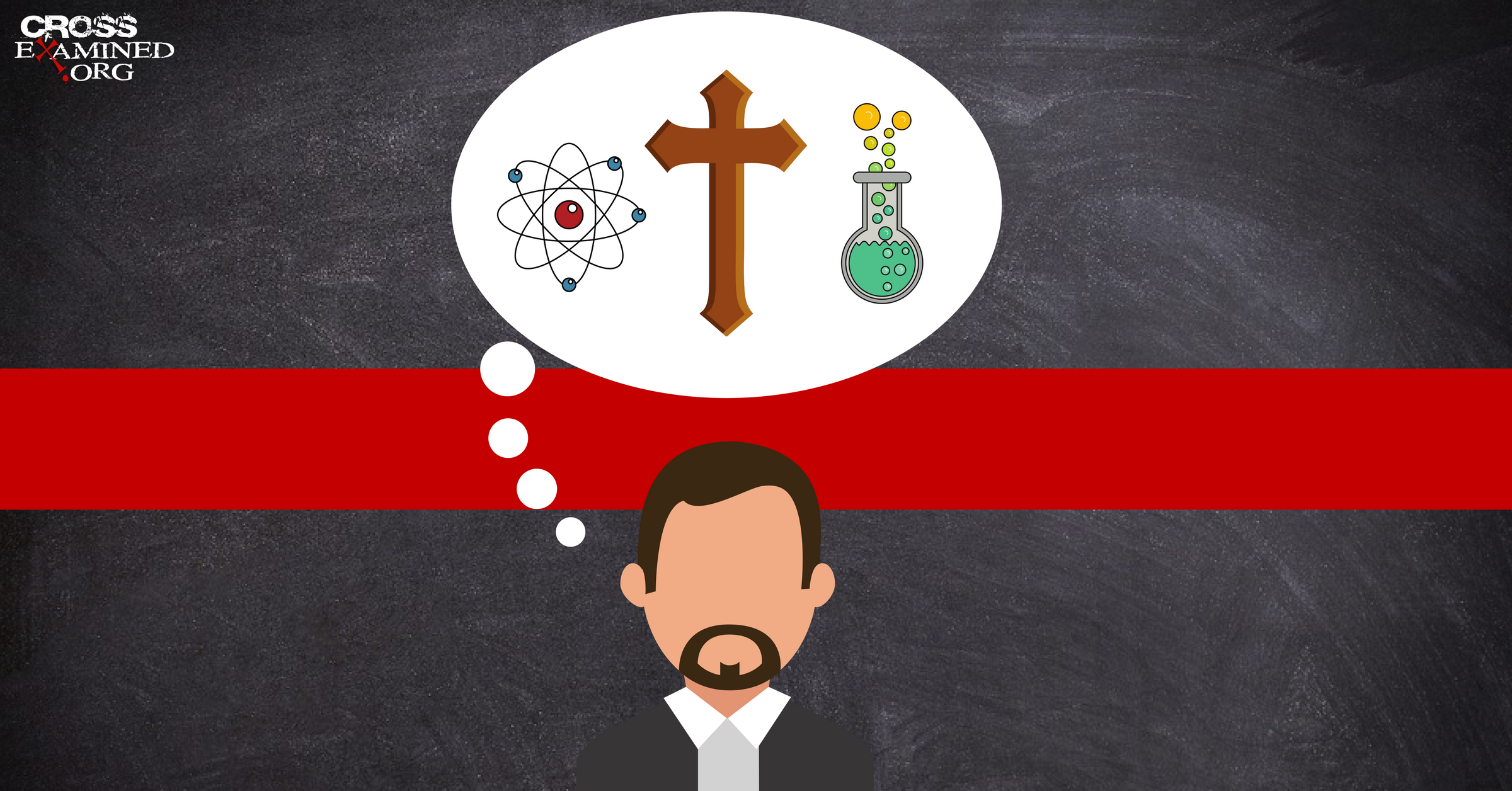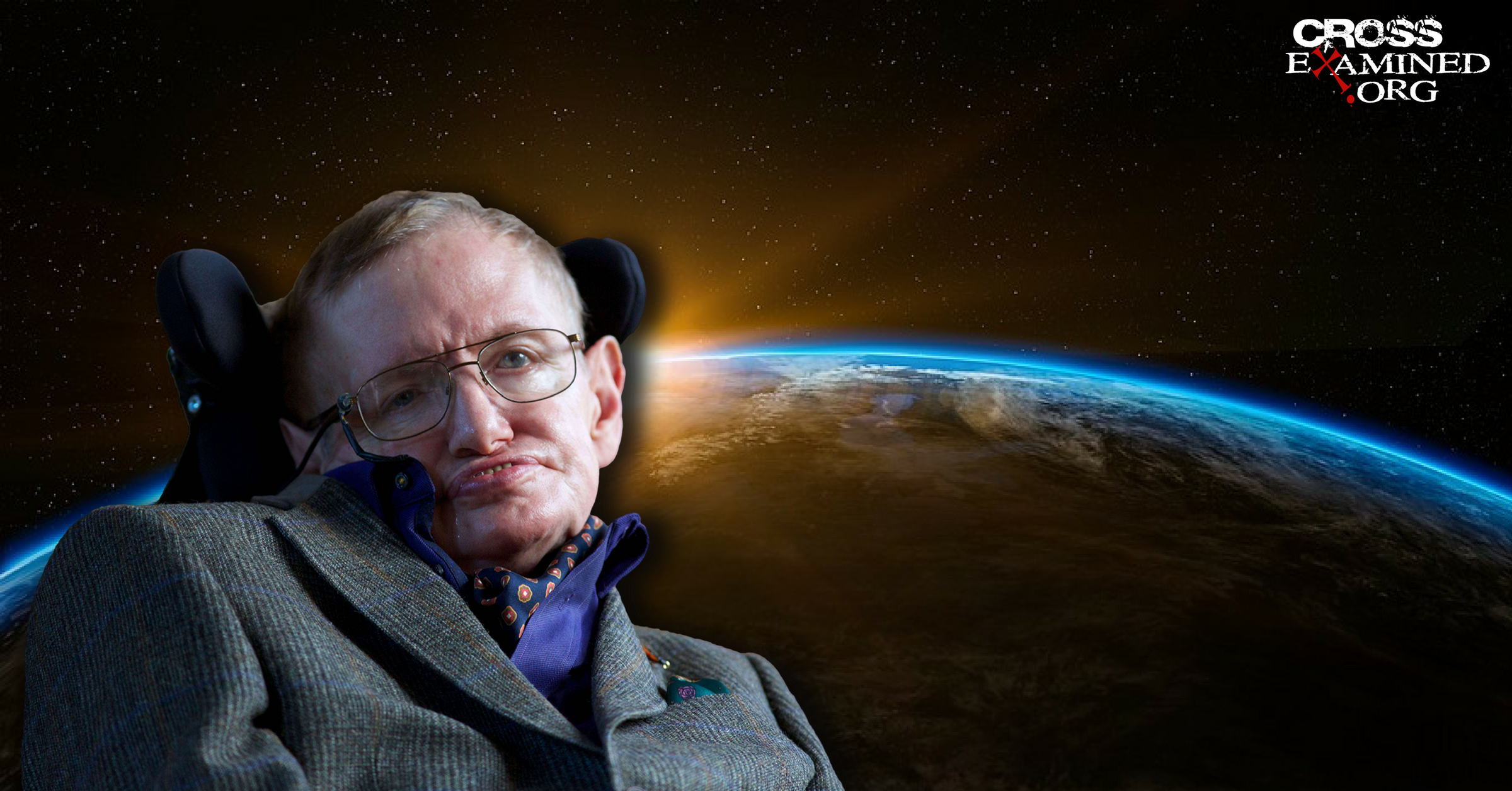By Terrell Clemmons
It was a bright and cold December morning, and I was up to my elbows in bread dough when my doorbell rang. The dog barked at full volume, and my preschool daughter zipped past me as I brushed the flour from my hands and followed her to the door. There waited a tall, professionally dressed, blond young woman, smiling confidently as if she were arriving for a job interview. She offered me some free literature on the Bible and asked if she could read me a Bible verse or two. I put the dog out, forgot about my bread, and said, “Sure!”
I saw from her pamphlet that she was associated with Jehovah’s Witnesses, so I quizzed her a little. “Oh yes, we believe salvation is totally by grace – there is nothing we could ever do to earn it.” She came across as sincere and earnest, used all the right words, and we agreed on most everything we discussed in that short exchange. I found that I liked her. But I knew there were problems with the message she was bringing to my home. “Is it Jehovah’s Witnesses who teach that Jesus is the same person as Michael the archangel?” I asked. I knew one of the aberrant groups taught this, but I wasn’t sure which one.
“Yes!” her face lit up as this connection was made.
When I asked her why Jehovah’s Witnesses teach this, she rattled off some verses without hesitation. I tried to pay attention, but with my dog barking from the garage and my daughter tugging on my arm. I just couldn’t concentrate.
“Hmmm,” I had an idea, “I’d love to discuss this further, but now really isn’t a good time. Could we schedule a time to meet in a few weeks?” My kids would be back in school; the house would be quiet, and most important, I’d have some time to prepare. We swapped phone numbers and email addresses and made an appointment for her to return after Christmas. She gave me two booklets to read in the meantime. “These will explain everything,” she assured me.
As she trekked off to the next house on my street, I got out my Bible and opened one of her booklets. My bread would have to wait a little longer.
Witnesses of the Watchtower Bible and Tract Society
This was my first encounter with Chelsea, a young Jehovah’s Witness dedicated to preaching the gospel according to the Watchtower Bible and Tract Society, and this dispute over the identity of Jesus Christ became subject matter for our first Bible discussion.
The “Watchtower Society” or “Watchtower,” for short, is the name of the organization to which Jehovah’s Witnesses devote their lives – in fact, Jehovah’s Witnesses would more accurately be called Watchtower Witnesses. It is a rigidly structured organization that demands absolute loyalty from its members. Its website boasts more than seven million ministers in 236 lands distributing some twenty billion pieces of Bible-based literature over the past ten years. On any given day, Jehovah’s Witnesses worldwide are studying the same Watchtower-published materials in their meetings – they attend up to five per week – and offering the same magazines and booklets door to door. Witnesses are expected to conform to the organization’s standards with regard to dress, meeting attendance, field service (another term for door to door witnessing), and unquestioning obedience to elders and overseers.
A Strategic Approach
Most Jehovah’s Witnesses are sincere, well-meaning people who believe they are serving their God – they call him Jehovah – and telling you the way to be saved. When one or two arrive on your doorstep, they are well-prepared for common responses, and many conscientious Christians who try to engage them in conversation wind up frustrated over their inability to go beyond pat answers. Most just send them on their way unchallenged.
Yet they need very much to be challenged because many of them have never heard the real truths of the Christian faith. They’ve been sold a counterfeit and need the genuine article. And offering it to them may not be as difficult as you think. There are chinks in the Watchtower armor, and if you’re willing to poke around a little, you can expose one or two, revealing to the Jehovah’s Witnesses the flaws in their own belief system.
In an old Peanuts© comic strip, Linus boasts of his invincibility from inside a U-shaped snow fortress until Lucy comes from behind and pelts him with a snowball through the opening at his back. If you recite the gospel or the Apostles Creed to Jehovah’s Witnesses, or say, “Well, my church says…” it’s like throwing snowballs right at that fortified snow wall. Not only are they thoroughly prepared to defend that line of attack, they’ll likely ignore you until they have an opening to give their rehearsed response. A more strategic tactic is to aim at undermining the Watchtower’s authoritative claims and theology. Require them to defend their teachings using only the Bible and no Watchtower publications, and they’ll suddenly find themselves treading unfamiliar territory. They’ll also find themselves in the position of trying to prove an unprovable case, as I discovered during Chelsea’s and my exchanges about Jesus Christ as Michael.
Attempting to Defend the Indefensible
When Chelsea arrived three weeks later, along with her younger sister, Katherine, I was ready. I had read both her booklets and prepared myself with the help of apologetics resources on Jehovah’s Witnesses. I knew she was prohibited from accepting any literature from me, so I summarized my main points on a sheet of paper. I noted the speculative nature of this Watchtower teaching, listed several Bible passages that contradict it, and asked how the Watchtower maintains it in light of these troublesome passages. I set my paper aside, though, because I wanted to let her talk first.
We settled around my kitchen table, and I started us off. “Where in the Bible does it say that Jesus is Michael the archangel?”
Chelsea had brought her Bible and an article from The Watchtower, one of their monthly magazines. She turned to the article.
“I appreciate your bringing that, and I’ll be happy to read it,” I said, “but can we keep our discussion to the Bible without bringing in Watchtower publications?”
She paused. “Oh, okay.”
What happened next was fascinating. Side by side, Chelsea and Katherine scanned the article looking for the Bible references, leafed through their Bible until they located the first one, and each of them read it silently. Chelsea tucked her hair behind her ears as I watched in silence. They did likewise for the second and third references and so on. For a moment it seemed they had forgotten about me as they searched the Scriptures for what may have been the very first time. Finally, Chelsea took a deep breath, paused another moment to gather her thoughts, and looked back up, “Well, the Bible never really comes right out and says it, but if you put several verses together, you can see it.” Katherine’s face was more telling. She couldn’t find it, and she looked stunned and perplexed.
After we reviewed each of those verses that needed to be put together, Chelsea and Katherine had exhausted their resources, and I still didn’t see the connection. “Could not Michael also be an angel under Jesus’ command?” I suggested. Again, Katherine’s reaction was more telling. She nodded her head thoughtfully, but wordlessly. After all, this was another reasonable interpretation of all those verses they were putting together.
Chelsea apologized for not being more prepared and offered to return with a more thorough answer. “If I can’t prove it from the Bible, I don’t know what to believe it,” she affirmed, obviously a little embarrassed, but sure the elusive proof existed somewhere. As they got up to leave, I offered them my written notes and questions. They took them, thanked me, and left.
Two days later, Chelsea returned with Betty, clearly a long time Witness, somewhere around sixty years of age. (Much to my disappointment, I never saw Katherine again.) Though Betty didn’t have any new light to shed on the issue – just the same verses connected like a Bible dot to dot – she exuded confidence. “Why it’s just as plain as the nose on my face!” she nearly shouted when I remained unconvinced. Sadly, I sensed she really meant it, so thoroughly was she immersed in the Watchtower worldview.
At this point, it was clear that no more proof existed in the Bible. Chelsea had brought out a big gun in Betty, but the effect was more like a popgun – a lot of excitement but very little substance. I was pleasantly surprised when she gave me a hearty hug upon leaving. “You are one of the most interesting people I have ever met,” she enthused, but she never returned either.
An Enlightening Dialogue
My next two meetings with Chelsea focused on those troublesome passages and questions I had previously put forward. Handwritten notes on the page told me she’d worked on them, and we enjoyed a vigorous volley of thoughts, ideas, and questions. By this time I was learning to navigate the murky waters of Watchtower theology and beam a little light on them to expose flaws. I felt a little like Toto in Oz pulling the curtain aside to reveal the Wizard as just a lost man behind a curtain.
We ultimately left the Jesus Christ/Michael issue unresolved. Chelsea still maintained they were the same person, but now it was clear she believed it because of the Watchtower, and not the Bible, says it is so. After all our discussions, one thing was clear to me, and I hoped and prayed was dawning on her too: Jehovah’s Witnesses place far more faith in the Watchtower Bible and Tract Society than they admit or perhaps even realize.
The remainder of our discussions followed this same pattern. Chelsea would present a Watchtower teaching, and I would respond with written questions and sometimes refutations, prepared with the help of apologetics books and websites Chelsea never knew about. Then we would stay with a disputed doctrine until we agreed to leave the issue unresolved.
What It Takes to Succeed
Our relationship ended abruptly the following May. We’d agreed to study Romans together, and were reading in chapter 1, where Paul makes the case that everyone is guilty before God. “I don’t see any point in discussing this anymore,” Chelsea hastily changed the subject. She mentioned something about “other students” who were progressing and that her time would be better spent with them. Then she packed up her books and left, and I have not seen her since.
Was my time and effort wasted on Chelsea? Possibly, but I don’t think so. What did happen was that Chelsea and some of her fellow Witnesses were offered a more through look into the Word of God that does not return void. Her father, who joined in some of our talks, bought an NIV Study Bible – a far better account of truth than the Watchtower-published New World Translation. And my own conviction and ability to defend the truth underwent a miracle of multiplication.
I knew next to nothing about Jehovah’s Witnesses when I plunged into this relationship, but I learned as we went along. It wasn’t easy, and it did consume many hours of my time. I remember feeling overwhelmed at points, and occasionally I was tempted to give up. But each time I returned to the Scriptures, I found them reliable and sharper than a two-edged sword. He who promised, “Seek and you shall find,” is faithful. It’s not as important to know all the pertinent verses at the outset as it is to know that sound answers for the truth do exist, and sound answers for falsehoods do not.
The essential ingredient for success is not your Bible knowledge, your power of persuasion, or whether you have the gift of evangelism. It’s your willingness to rise to the challenge and be Jesus’ witness to the Watchtower Witnesses. Not all Jehovah’s Witnesses will be as congenial as Chelsea, but the theology they’re avowing will be riddled with the same holes. Regardless of their demeanor, when they come to your door, if you are willing to engage them in dialogue, you too can learn as you go and can respond with a strategy that gently pitches some snowballs of truth right through the Watchtower’s defenses. And it will sharpen your mind and multiply your own faith in the process.
Original Blog Source: http://bit.ly/2JAus3e









